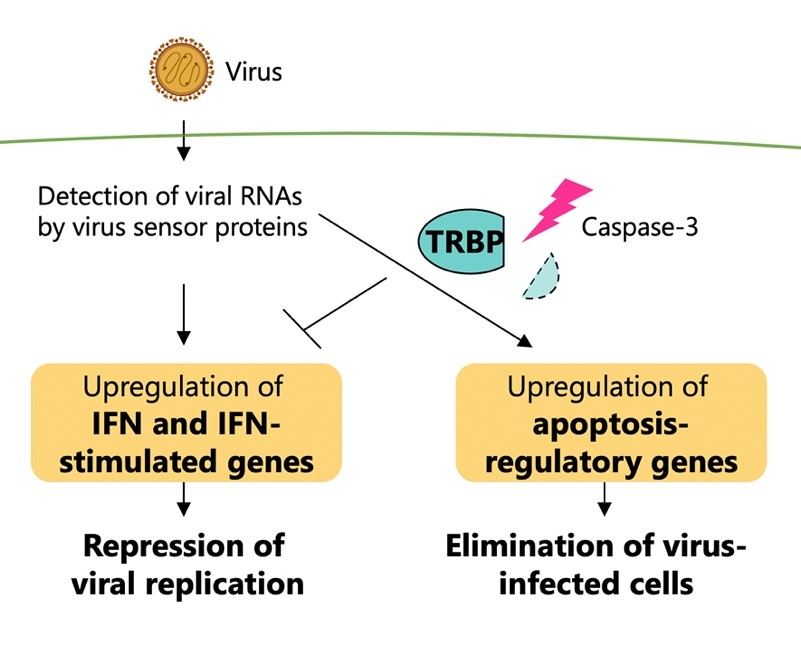In June 2019, The Age newspaper ran a frontpage story about the Victorian Government reviewing the use of the weed killer glyphosate, following landmark court decisions in the USA against the makers of Roundup.
In May, a Californian court awarded almost A$3 billion to a couple after ruling that Roundup caused their non-Hodgkin’s lymphoma. Here in Australia, and in Victoria specifically, Roundup is used by councils to kill weeds and maintain parks and roadside areas. A class action cases against Bayer, which owns Monsanto (who manufacture Roundup) is being considered.
Earlier this year, I was called by a Victorian farmer who told me his wife is dying of cancer and he had evidence linking this to the overuse of Roundup by his council. The Monsanto product, the farmer alleged, was being used in ways that contravened overseas regulations, and carcinogenic poisons had entered their water supply. The farmer, who also had post-graduate science qualifications, asked the AMA to advocate for a ban on glyphosate.
The scientific evidence and court documents provided were compelling, and the impending death of his wife heartbreaking. It raised questions about what constitutes public health and what issues are ‘core’ for an Australian medical association to advocate on.
The Public Health secretariat receives many similar stories and calls for AMA intervention. These can range from more controversial claims that Telstra’s new 5G network will increase obesity, memory loss, destroy our DNA and life as we know it – to issues like Monsanto’s business model.
Where does ‘public health’ advocacy begin and end? Some issues, like obesity, diet, tobacco, and alcohol and drug misuse are considered ‘core business’ for public health policy makers and analysts. At the AMA, we conduct advocacy on these core issues alongside less recognised but just as vital concerns for the health of Australians. In road safety, the AMA has always been outspoken. The impact of road trauma is seen by doctors, nurses, and ambulance officers along with the families of those killed and seriously injured. Similarly, the AMA has strongly advocated against watering down of Australia’s hugely successful gun laws, based on the serious health threat firearms pose to Australian families and individuals. We also advocate on family and domestic violence, nuclear weapons, climate change and environmental health, sexual and reproductive health, vaccination, sun safety – the list goes on.
The impact of the changing climate, extreme weather, the destruction of forests and native habitats, and the transformation of the farming and agricultural sectors is having a profound impact on human (and animal) health. The AMA’s work with Doctors for the Environment has highlighted the complexities of addressing public health issues such as air quality and safe drinking water. It is a national disgrace that some communities do not have access to free, safe drinking water and have to pay for bottled water (which then creates a waste management problem).
The AMA has been asked to weigh into all these environmental health matters, from transitioning to electric vehicles; to phasing out the use of petrol-based lawn mowers and boats; from the potential harms of fracking; to the use of palm oil as a biofuel.
We cannot be everything to everyone, or satisfy all those who seek AMA support, endorsement, co-signatures and joint advocacy. However, it is, to us, loud and clear that almost all public health issues are linked to social and environmental determinants of health. Things that may not present obviously as medical issues often have serious implications for public health. It is our job to stay informed about these issues, listen closely to the concerns of members and the public, and advocate appropriately where we can have meaningful impact. Leading Australia’s doctors and promoting Australia’s Health requires no less.








